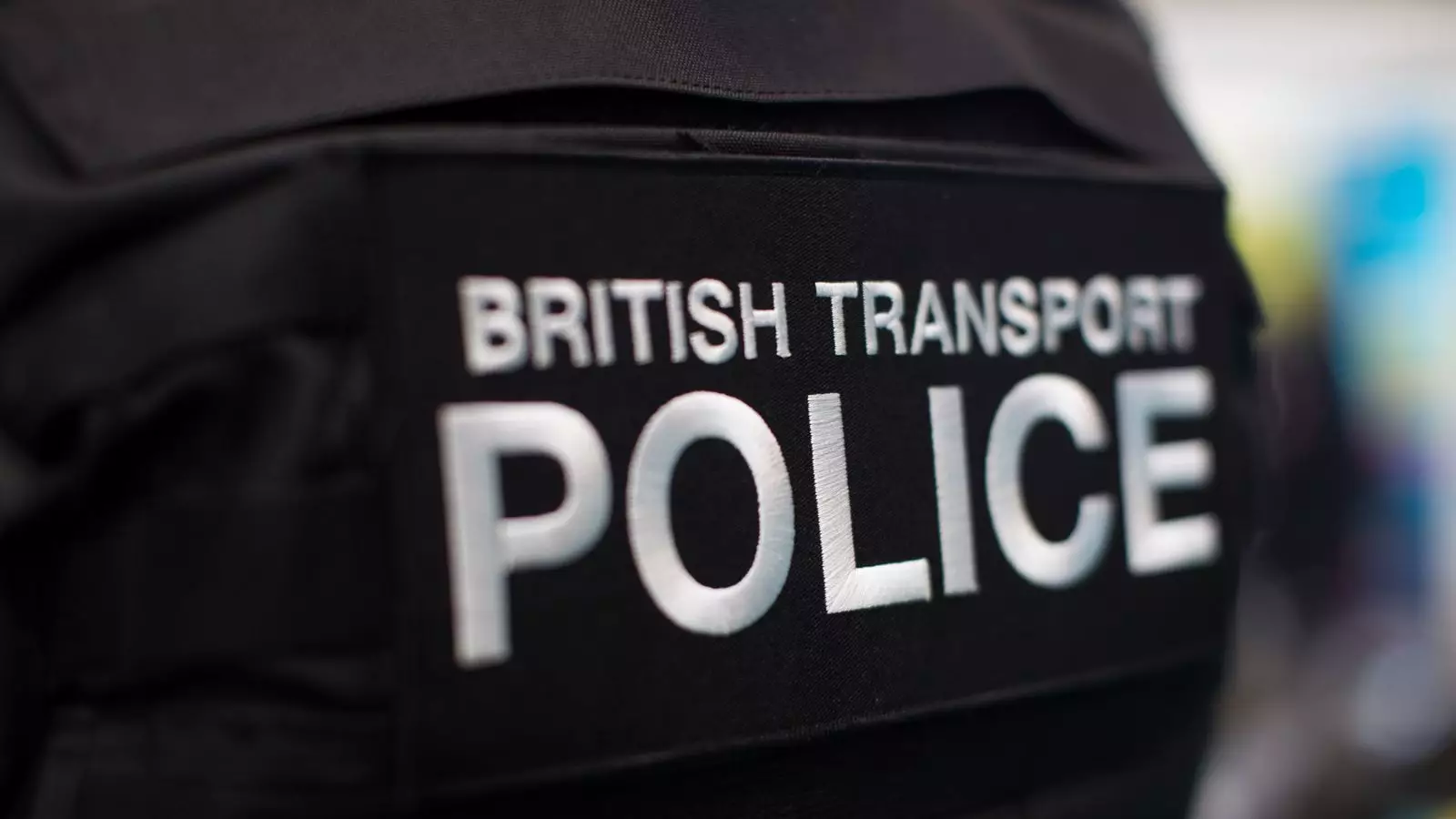In a move that reverberates through the LGBTQ+ community, the British Transport Police (BTP) has decided to implement a decision that undermines the dignity and rights of trans individuals, particularly trans women. Following a controversial ruling by the Supreme Court, the BTP announced on Wednesday that trans women will now undergo strip searches conducted exclusively by male officers, a decision that many see as a regressive step backward in the fight for equality. Many would argue that the ruling flips decades of progress on its head, casting trans rights and identities back into the shadows.
The recommendation is justified by the assertion that the “biological sex” of detainees is paramount during searches. However, this draconian interpretation of the law does not simply represent a legal technicality; it strips away the identity and humanity of trans individuals. By relegating trans women to a male category, the BTP diminishes the validity of their gender identity while simultaneously amplifying the risk of infringing upon their dignity.
The Implications of a Dangerous Decision
Critics of the BTP’s ruling are right to express grave concerns regarding the safety of trans individuals in custody. As described, strip searches expose individuals to a level of vulnerability that can be both humiliating and psychologically damaging. The decision inherently risks subjecting trans women to situations where they can encounter sexual harassment or assault by male officers, raising alarms about the duty of care owed to every individual who finds themselves in police custody.
The basis of this policy relies heavily on traditional notions of sex and gender, which do not take into account the complexities of identity that are increasingly understood in modern discourse. The policy fails to grasp the nuanced reality of what it means to be a woman, demonstrating a rigid, antiquated framework that undermines the very essence of gender identity. This dichotomy in policy, applied inconsistently across various law-enforcement agencies, creates a chaotic patchwork that puts community members at risk.
Public Sentiment and Political Ramifications
Public reaction to this ruling has been understandably heated, but amidst the outrage is a notable silence from various political leaders. While some, like government minister Karin Smyth, have called for a careful reassessment of equality laws, the call for vigilantly protecting marginalized communities seems half-hearted. What remains fundamentally troubling is the apparent complacency in prioritizing bureaucratic caution over the lived experiences and safety of trans individuals.
Moreover, comments from Baroness Kishwer Falkner, chair of the UK’s Equality and Human Rights Commission, highlighting the ruling as eliminating “confusion,” underscore a dismissive attitude towards real human beings affected by these legal decisions. Closing off pathways for dialogue and disregarding the experiences of trans communities pave the way for a society deeply entrenched in old-world biases.
As society wrestles with the evolving definitions and understandings of gender, we must resist the regressive tide that seeks to return to a binary, exclusionary paradigm. The BTP’s interim policy is not just a legal ruling; it is a symbolic blow to trans rights that could have ripple effects across civil liberties. It falls on advocates, allies, and everyone who believes in equality to confront this injustice boldly.
Unquestionably, we need a robust and inclusive dialogue about gender identity that values human dignity above all else. It is vital that the discourse surrounding this issue is rooted in understanding rather than misconceptions. The future must not be one where trans individuals are relegated to the margins, but rather a society that embraces diversity, safeguards individuals, and is unafraid to challenge antiquated norms. The time is now for us to make our stand — for trans rights are indeed human rights.


Leave a Reply